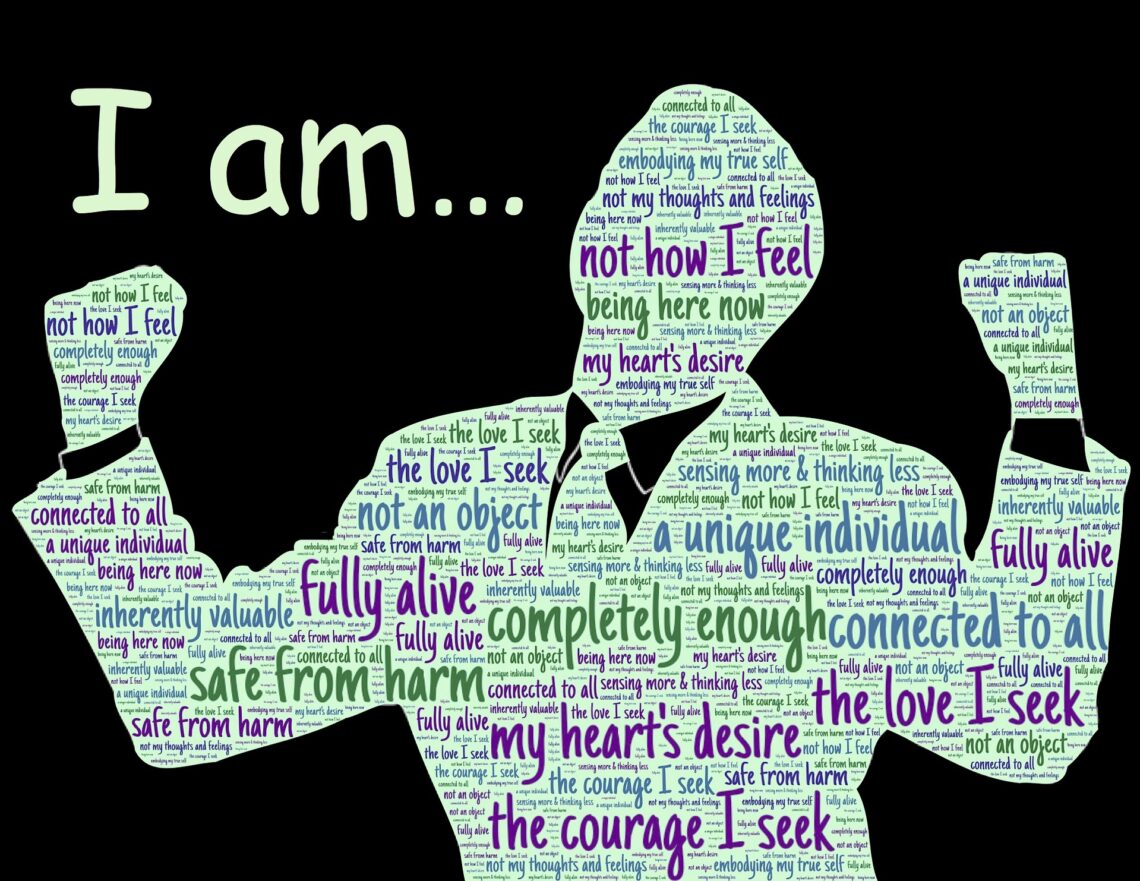
Aristotle: Actualizing Our Potential
In a previous article I wrote on “Quantum Evocation” (here is the link: Evocation. ) I talked about how the universe “evoked” or allured us into our best future choices. In short we feel ourselves drawn forward by the universe’s evolutionary force.
This perspective mirrors quite nicely Aristotle’s view on actualizing our potential. In the same way, Aristotle believes a “natural” force allures us to self-actualization. Let me explain.
Aristotle: The Materialist With a Soul
Aristotle (384-322 BCE) was a strange philosopher. He was a physical monist (believed only in the physical world unlike his teacher Plato), but he also believed in a soul, and that everything in the universe has a purpose. An unusual position for a materialist.
Aristotle accomplished this unique perspective through his belief in what he called, the Unmoved Mover. This was his conception of God, but with a caveat.
This Unmoved Mover (which takes the form of a soul in living entities) does not have its own independent existence, so when the body died, it died.
It’s important to remember that back in Aristotle’s time people believed the physical world had always existed. There was never a time, as we now believe both in modern science and religion, when nothing existed.
So if the physical world always existed, then living physical entities always housed the Unmoved Mover in the form of its soul.
Aristotle’s Unmoved Mover
Now, let’s take a closer look at exactly what this Unmoved Mover is and how it can evoke our future, or as Aristotle puts it, actualize our potential.
The Unmoved Mover is, as the term implies, something that doesn’t move, but is the cause of all movement. By movement here, we don’t just mean moving from one place to another, but more significantly, we mean moving living entities to actualize their potential.
Potentiality and Actuality
The Unmoved Mover is the straw that stirs Aristotle’s philosophy. When we talk about “potentiality” and “actuality” we are talking about fulfilling our nature in our quest to discover who we are and why we are here.
For Aristotle, everything has an inherent purpose and our job it to discover ours. The Unmoved Mover is the force in all living things that makes this happen.
It can accomplish this because the Unmoved Mover is pure actuality. It is the completely actualized entity, and it exists in each living thing alluring it to actualize its potential. It’s the little spark of divinity in each of us that needs to turn into a raging fire. It entices every living thing to live out its potential. This is its similarity to quantum evocation.
Aristotle thought that the more we actualize our potential, the more we embody the Unmoved Mover (or God), becoming more “Godlike” in the process.
The downside of Aristotle’s philosophy is the happiness he is referring to is just an “earthly happiness.” Once we die, we die and that’s it. We don’t get to take it with us.
St. Thomas Aquinas Slightly Modifies Aristotle’s Materialism
That is why St. Thomas Aquinas (1225-1274), who was greatly influenced by Aristotle, had to add a small dose of Plato to his philosophy. This allowed him to keep the gist of Aristotle’s perspective while adding a non-material realm so the soul could survive after death.
The Unmoved Mover, according to Aristotle, isn’t conscious of anything but itself. It isn’t aware of anything exists outside of its own perfection. It’s not a personal loving God, but an impersonal natural force.
If that is the case, then what is the motivation to actualize our potential? The reason is not to win brownie points from the Unmoved Mover, but because, as a I said earlier, we feel better doing it.
The Unmoved Mover is Like a Beautiful Day
Look at the Unmoved Mover as a beautiful day. If there is a beautiful day, the beautiful day doesn’t know or care if we are outside enjoying it or not. Maybe instead of going outside, we decide to stay inside and play video games in a dark room.
That doesn’t matter a whit to the beautiful day. The beautiful day doesn’t know or care whether we stay in or go out. It’s just a beautiful day. However, if we do go outside on a beautiful day, we just naturally feel better. Being outside is its own reward.
The Unmoved Mover is like that. If we discover and begin to actualize our potential, we just feel naturally better. We don’t do it for any reward like going to heaven, but rather the act itself is the reward. We just feel more fulfilled, and in the process, become better and more compassionate human beings.
Quantum Physics and the Unmoved Mover Evoke Our Highest Potentials
So, in the same way that quantum physics claims the universe evokes us into our future, Aristotle says the Unmoved Mover evokes us to actualize our potential. It’s good for us and it’s good for the universe.
Now, I will admit to taking some liberties here with Aristotle’s philosophy. He would take a much more rational approach to discovering the intention of the Unmoved Mover. And no doubt reason does play a part here. It should never be completely abandoned. But I think, like the Taoists, that the best way to get in touch with the will of the universe or the Unmoved Mover is to include, but also transcend reason.
One way to do this, one way to access quantum evocation, is to learn to quiet down our chattering mind. It usually requires involvement in some sort of meditation practice. We have to find a way to transcend the myriad of thoughts that continually bombard us in order to drop into our heart, the center of our being, and “feel” our way forward. The more we can do that, the more we can begin to hear what the universe is calling us to do.
The Modern World Has Lost Touch With This Deeper Reality
In our modern world, we don’t think much about inherent purpose. We generally don’t believe in it. As such, people don’t know who they are or what they should be doing with their lives. The result of this worldview is plain for all to see. The world is a mess in so many ways and we are on the brink of losing not only our democracies, but even the planet itself because people are so lost to themselves.
Whether we feel the need to add Aquinas’ amendment to Aristotle’s ideas or not, believing we have a soul; believing we are a soul that has the potential to fulfill itself could go a long way to straightening people out and improving our prospects on this planet.
To learn more about the magic of the universe: Click this link: The Magical Universe.




